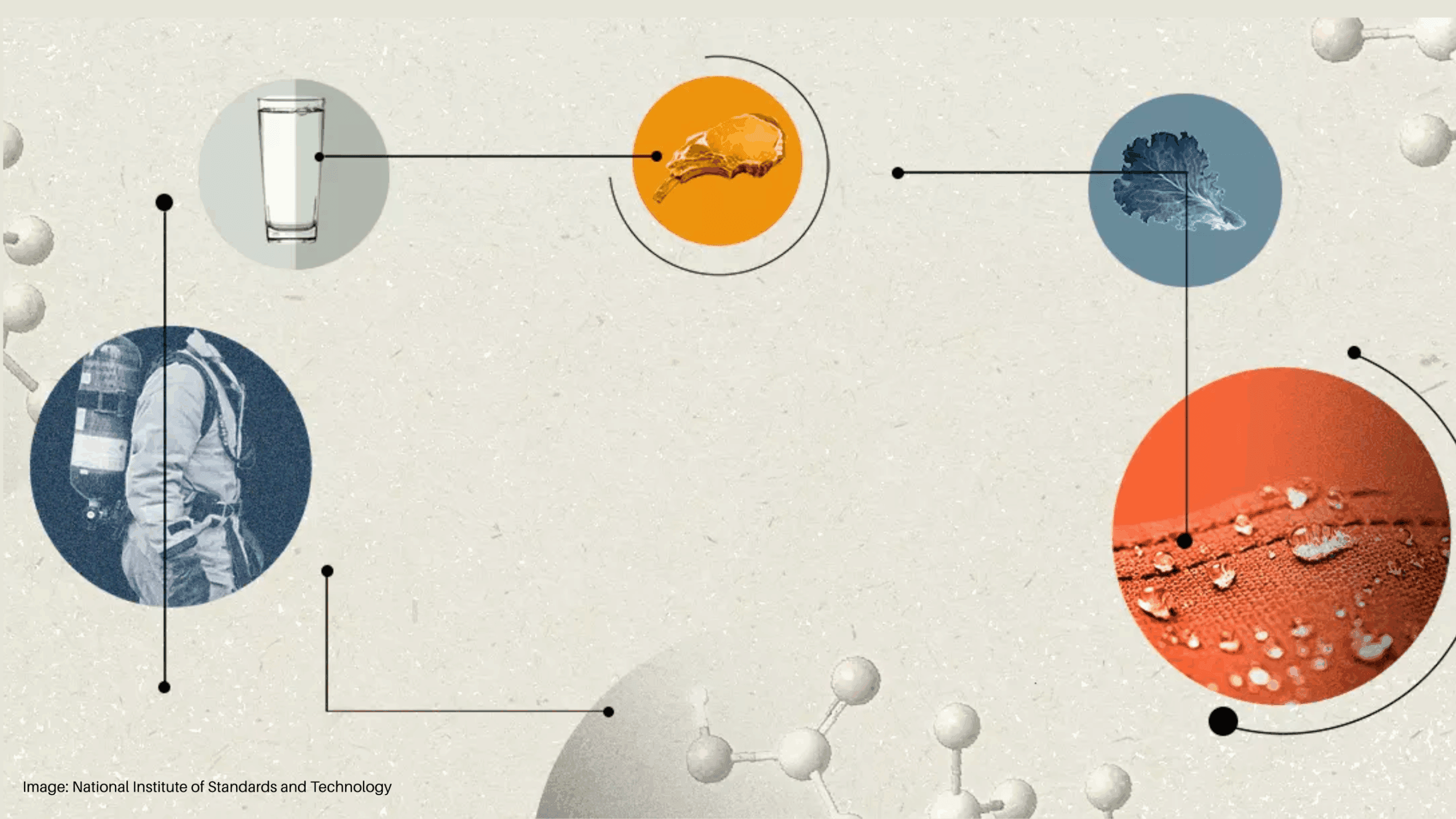Earlier this year, the beauty manufacturer Pelham Group launched Pelham Matrix – a new venture cutting lead times to eight weeks. Here’s how their helping brands to hit the market when it matters
There’s no denying it, traditional NPD lead times of one to two years can leave brands between a rock and a hard place when it comes to striking a balance between trends and top-notch formulation.
Since founding Pelham Group, Founder Oliver Felstead has been dedicated to cutting these drawn-out timelines and reducing minimum order quantities. He launched the manufacturer back in 2016 after a tricky journey with his own beauty venture: ‘I launched a haircare and skincare brand back in 2012 and really struggled to find a contact manufacturer who would support me in the way I needed,’ he starts.
‘Manufacturers never got back to me, and when they did, I was faced with long lead times, large MOQs, and the relationships felt transactional and lacked creativity… The brand was far from a success story but it highlighted a huge opportunity to set up a contact manufacturer with a difference. So, Pelham was born.’
Seven years on, the team is pushing their capabilities to the next level, reducing its manufacturing timelines from an already speedy 12 to 24 months to an eight-week lead time from receiving a customer’s final artwork.
How does the Pelham Matrix work?
The manufacturers drop a new range of the most on-trend formulations every two to three months. This allows beauty brands to formulate products that are trend-driven, don’t compromise on efficacy, and meet consumer’s aesthetic expectations too. Oh, and there’s an MOQ of 1000 pieces.
Pelham Matrix’s first launch is SPF, the confessed buzz product of 2023. ‘The global suncare market reached a value of USD11.4bn in 2021 and is expected to reach USD17.6bn by 2027 giving a Compound Annual Growth Rate of 7.3%,’ shares Oliver.
‘Many brands feel that they have to compromise on the SPF protection value, the level of UVA protection, or even the validity testing methodology used to achieve amazing aesthetics,’ he continues, before highlighting that: ‘The Pelham Matrix SPF range offers a range of fully validated SPF 50 and 50+, dermatologically tested daily skincare products with beautifully elegant skin-feel through the incorporation of trend leading skincare actives and innovative textures. All of the products have been independently tested to the ISO 24444:2019 and ISO 24443:2021 SPF & UVA PF protocols.’
Brands can sample, test, and order SPF offerings online by picking their preferred formulations, and packaging, and selecting their designs with a click of a button. After this, the artwork is confirmed, and the product enters manufacturing. What’s more, the team arranges a Cosmetic Product Safety Report and can guide on the EU Product Information File in the meantime.
Pelham Matrix’s manufacturing solution helps brands hit shelves whilst product categories are hot and the market isn’t saturated. This means they can reach the consumer in the ‘hype period’ before translating customers into returning shoppers thanks to efficacious products.
The team stays ahead of the trends thanks to continuous market research: ‘We want to allow brands to test the market in a fast and agile way. Our trends, research and innovation team are constantly looking for exciting innovation using Mintel data, working with suppliers for newness and attending trade shows to stay one step ahead.’
To close, Oliver alludes to future drops saying: ‘Consumers now expect products to offer quantifiable skincare benefits, with minimum ingredients which incorporate the latest trend-led activities.’ So, what could Pelham Matrix’s next launch be?




